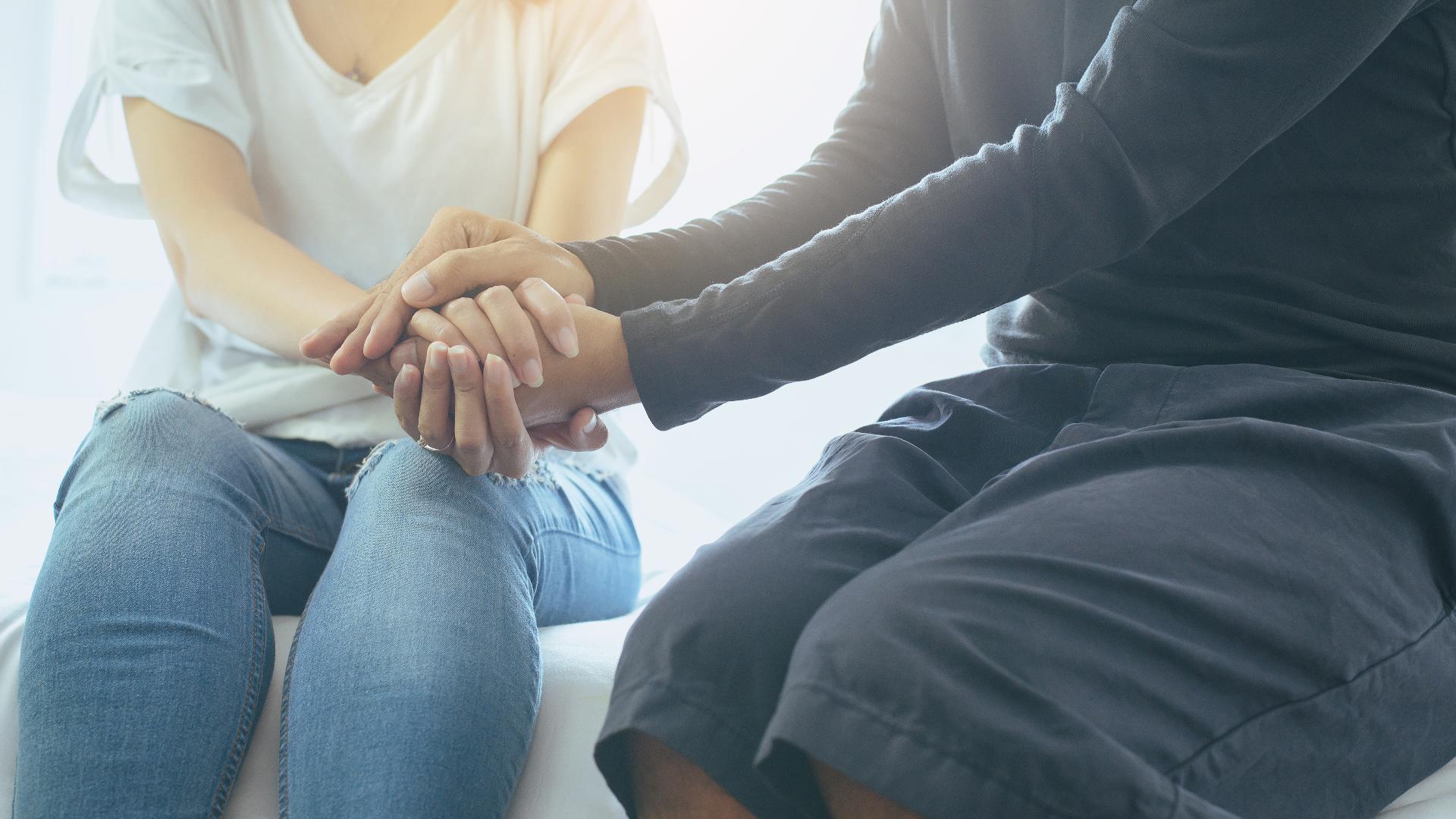ARKANSAS, USA — The fall holidays are on the way and while it's a time of cheer, some are in need of help with feelings of hopelessness or suicide.
Health organizations are encouraging awareness for the public this Suicide Awareness Month.
"We are seeing things like suicide attempts and mental health issues on an ongoing daily basis," Crystal Lougin said.
Lougin is the director of behavioral health for Baptist Health in Fort Smith and Van Buren. She said there's an increased risk of suicide for those experiencing mental health conditions like depression and anxiety.
"There's not any one particular single cause that we can say specifically leads to suicide," Lougin said. "These symptoms can look like mood changes, social withdrawal, sadness, inability to cope with stressors. And so when you see those things, sometimes they add to feelings of despair and hopelessness."
In a moment of crisis, the Arkansas Crisis Center provides completely free and anonymous counseling through 988 Suicide and Crisis Lifeline. Joshua L. Gonzales is the president of the board of directors for the center.
"No matter what it is, a trusted, unbiased person, it's completely confidential, will give you help on how to stay safe and live a better life," Gonzales said.
Both mental health specialists said the biggest roadblock is awareness of the issue.
"The average person will just say that's never going to happen to my family," Lougin said. "Suicide is not specific to any one particular community, culture, or socioeconomic status. That's just a false belief."
"We're in a taboo topic of sorts, like suicide, unless that's touched somebody's life, it's not really wanted to be talked about as much," Gonzales said.
Gonzales explained that the lack of awareness translates to the center, as there are not enough specialists available to "pick up this phone."
Lougin encourages loved ones to discuss the issue with anyone at risk.
"Being a listening ear and just fostering a sense of connectedness is one of the most important things that loved ones can do," Lougin said.
Both mental health specialists said the COVID pandemic's isolation helped bring awareness to mental health care. Lougin explains though, there's still more to be done to normalize mental health care.
"Early education programs that can normalize mental health as much as physical health. I think that is kind of the key," Lougin said. "It's just not a September topic of conversation. It's all year long."
Watch 5NEWS on YouTube.
Download the 5NEWS app on your smartphone:
Stream 5NEWS 24/7 on the 5+ app: How to watch the 5+ app on your streaming device
To report a typo or grammatical error, please email KFSMDigitalTeam@tegna.com and detail which story you're referring to.

